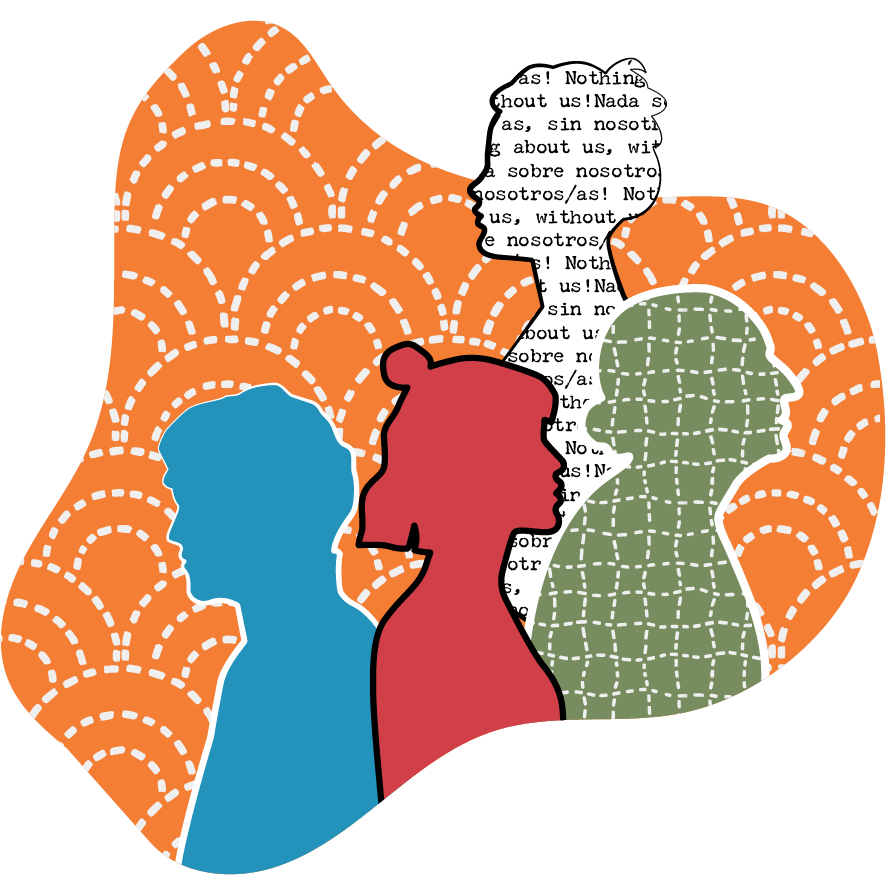WHOSE RESEARCH? OURS! — People Who Use Drugs and Their Allies Set Priorities for Ethical Research in Rhode Island

Rhode Island Harm Reduction Community Issues Top Three Priorities for Researcher Engagement in the Coming Year
On Thursday, March 7, 2024 10:00 AM - 3:30 PM at Providence Public Library, more than 90 researchers and community members came together for an “Unconference: A Community-Led Conversation about Substance Use, Harm Reduction and Recovery Research in Rhode Island.”
Unlike a regular conference, the topics of discussion were submitted by participants, and chosen on the day of the event. This enabled a community-driven agenda to raise issues and engage in frank discussion with community members and researchers on a more even playing field.
Over the course of the day, participants voted on topics, held discussions sessions about the top eight, and finally came together to name the top three priority areas of improvement on the ways that institutions and researchers interact with the community.
Those top three demands were:
- Clear mechanisms of accountability of both individual researchers and research organizations to the organizations and communities that make their research possible.
- Active involvement of community partners in choosing research study topics and determining future directions of research.
- Involve community members and organizations in training substance use researchers how not to be jerks.
The funding organizations have committed to advancing these priorities in collaboration with the community over the coming year, producing documentation of the discussions, establishing structures to compensate for continued community involvement, and — most importantly — working together to coordinate for systemic improvement.
A report back session about the progress made so far is to be held in two months. Plans are underway for the next unconference to continue the conversation, and determine the next priorities.
ABOUT THE EVENT
The idea for the event grew out of an effort to develop the document “Shaking the Tree of Science: Principles of Community-Empowering Research.” Many individuals and organizations were part of this effort, including Project Weber/RENEW, RICARES, and the community advisory board of the COBRE on Opioids and Overdose. You can read about the principles at https://community-led.us/Principles-of-Community-Empowered-Research
WHY DID WE HOLD THE EVENT?
Academic research in marginalized communities often takes without giving back, depicts communities in stigmatizing terms, and relies on the unpaid labor of community members. Still, at its best, research can highlight injustice, amplify silenced voices, and work together with communities to create new solutions. This event was a chance to talk about what is being done right, what researchers are doing wrong, and how to strengthen relationships between researchers and community organizations/members.
ABOUT THE FUNDERS
Part of the idea for this event is that academic and research organizations need to support spaces where they are accountable to the communities that they research, but where they (academics and researchers) do not control the conversation or agenda. The following organizations have provided financial support based on this understanding: RISD’s Center for Complexity, Advance-CTR, the People, Place and Health Collective at Brown, the Brown School of Public Health, Center for Alcohol and Addiction Studies, and the COBRE on Opioids and Overdose.
ABOUT THE ORGANIZERS
Many individuals and organizations have contributed to making this event happen, including Project Weber/RENEW, Direct Action for Rights and Equality (DARE), the People, Place and Health Collective at Brown, RISD’s Center for Complexity, the COBRE on Opioids and Overdose, and Ocean State Advocacy.
ABOUT COMMUNITY-LED
The goal of community-led is to create an annual event where members of our diverse communities, organizations, researchers, students, and activists can talk with one another about research concerning substance use, harm reduction, recovery, and related topics (housing, incarceration, social justice...).
Our working principles are:
- Center voices with lived experience.
- Build stronger relationships.
- Tackle problems together.
- Set out an agenda for institutional change.
- Work towards concrete results.
Contact us via email at communityledri@gmail.com